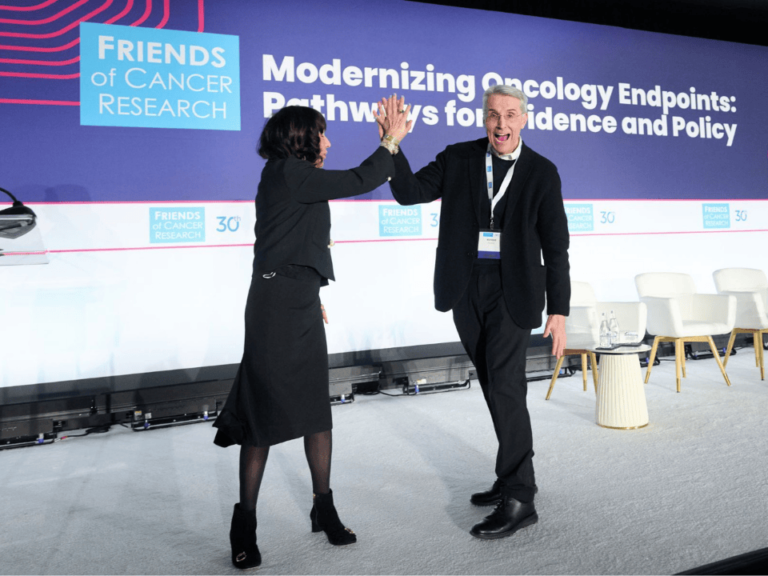FDA granted Fast Track designation to the phase III registration program for enobosarm, a selective androgen receptor targeting agonist, for the treatment of androgen receptor positive, estrogen receptor positive, human epidermal growth factor receptor 2 negative (AR+ER+HER2-) metastatic breast cancer patients who have shown previous disease progression on a nonsteroidal AI, Faslodex (fulvestrant), and CDK 4/6 inhibitor therapy, and who have AR% nuclei staining ≥40% in breast cancer tissue (third-line metastatic setting).
Enobosarm is sponsored by Veru Inc.
Enobosarm is in clinical development for three indications:
- A phase III ARTEST clinical study, which is enrolling, evaluating enobosarm for the treatment of third-line metastatic AR+ER+HER2- breast cancer patients whose disease has progressed after treatment with a nonsteroidal aromatase inhibitor, Faslodex, and a CDK4/6 inhibitor with an androgen receptor nuclei staining of ≥40%.
- Planned phase III ENABLAR-2 clinical study evaluating enobosarm + Verzenio (abemaciclib) combination therapy as treatment of second-line metastatic AR+ER+HER2- breast cancer patients whose breast cancer has progressed after treatment with Ibrance (palbociclib) and either a nonsteroidal aromatase inhibitor or Faslodex combination with an androgen receptor nuclei staining of ≥40%.
- A planned phase II clinical study of Veru’s enobosarm + sabizabulin combination therapy in metastatic triple negative breast cancer after two systemic chemotherapies.






